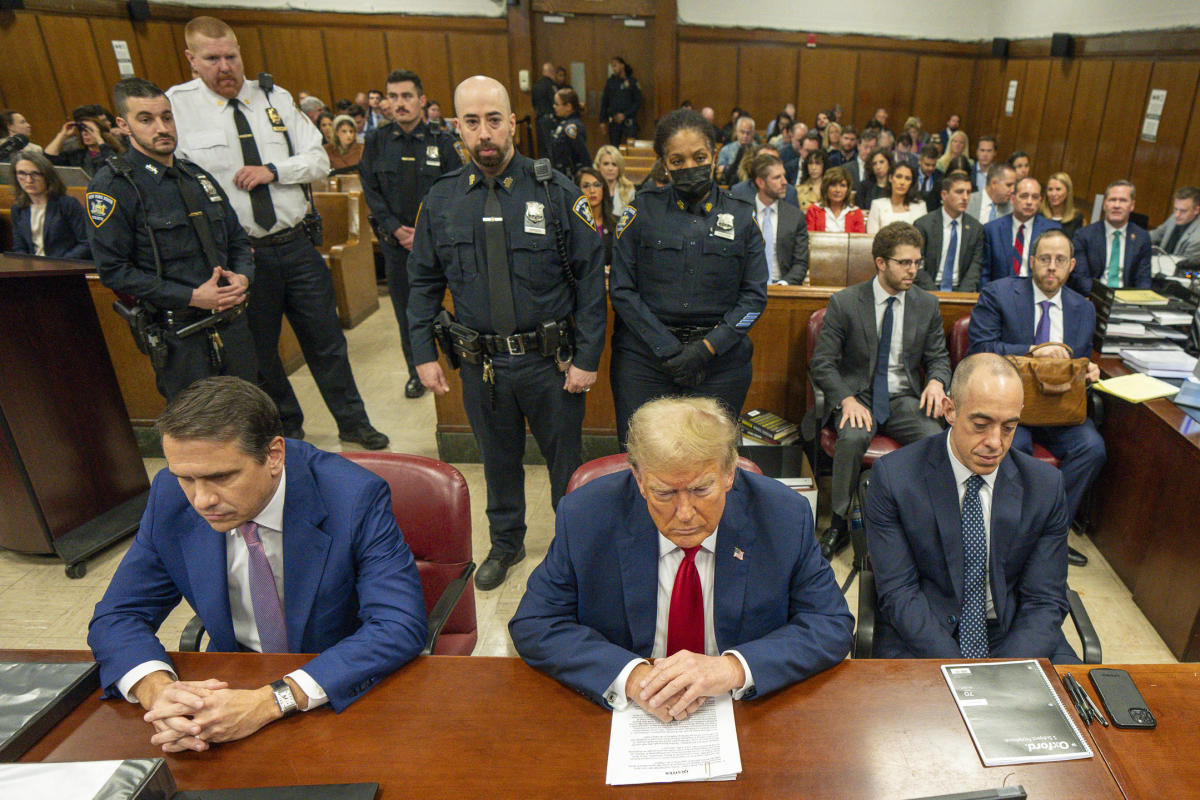By Joan Faus
BARCELONA (Reuters) – Six years after leading Catalonia’s failed bid to secede from Spain, Carles Puigdemont rocked the Spanish political scene again on Thursday, but this time to provide his party’s crucial support for a Socialist-led government in Madrid.
The promise of a wide amnesty for Catalan separatists, including himself, that the 60-year-old fugitive from Spanish justice won in return is already dividing the country where protests have erupted in recent days.
Puigdemont, with his recognisable Beatles haircut and tailored suit, announced the support of his Junts party for acting Prime Minister Pedro Sanchez from Brussels, where he has lived in self-imposed exile since 2017.
The bespectacled former journalist, known for his passion for music and literature and a penchant for cryptic social media posts with obscure literary references, entered big politics almost by accident.
Puigdemont was mayor of the separatist stronghold of Girona, a city of about 100,000, when the regional parliament appointed him head of the Catalan government in 2016, a year before he would spearhead the independence bid that triggered Spain’s biggest political crisis in decades.
He had not run for the post, but was hand-picked by his elected predecessor, Artur Mas, who had to step down in order for his separatist platform to secure an alliance and avoid a new election.
Puigdemont made his intentions clear in his inauguration speech, vowing to start “the constituting process of an independent state”.
A year and a half later, following an October 2017 independence referendum deemed illegal by Spanish courts, the same parliament declared Catalonia’s independence.
While many rejoiced, Puigdemont looked stern, knowing that Madrid would take direct control over the region shortly after and that he could not keep his word on quickly achieving Catalan independence.
Sacked by Spain’s then Prime Minister Mariano Rajoy for his role in organising the referendum, Puigdemont fled to Belgium by car two days after the proclamation, while some of his former government colleagues remained in Spain and were jailed shortly afterwards.
He faces charges of disobedience and misuse of public funds in Spain, which carry jail terms of up to eight years.
In Brussels, he founded Junts, a hardline pro-independence spin-off of his more pragmatic CiU party, to run for the Catalan presidency in the first election following the referendum and hoping to govern remotely from Belgium. He did not achieve that goal but in 2019 he ran for the European Parliament and became an MEP.
His travels outside Belgium, whose courts have so far denied Spain’s extradition requests, led to him being arrested in Germany and Italy, but he still managed to avoid extradition or lengthy detention.
In July, however, the European Union’s General Court stripped him of the legal immunity he had as an MEP.
His supporters built an image of him as a staunch fighter against Spain’s judiciary, under the motto of “No surrender”, while he insisted he was hoping to return to Catalonia but was not seeking an individual pardon.
But he appears to have changed his tune since an interview published by Catalan newspaper ARA a week before Spain’s election last July.
“Sanchez will not be president with the votes of Junts,” he said at the time. “To pay in advance to a guy you would not even buy a second-hand car from is a risky sport.”
(Writing by Andrei KhalipMacfie)

Daniel Miller is a sports fanatic who lives and breathes athletics. His coverage spans from major league championships to local sports events, delivering up-to-the-minute updates and in-depth analysis for sports enthusiasts.








